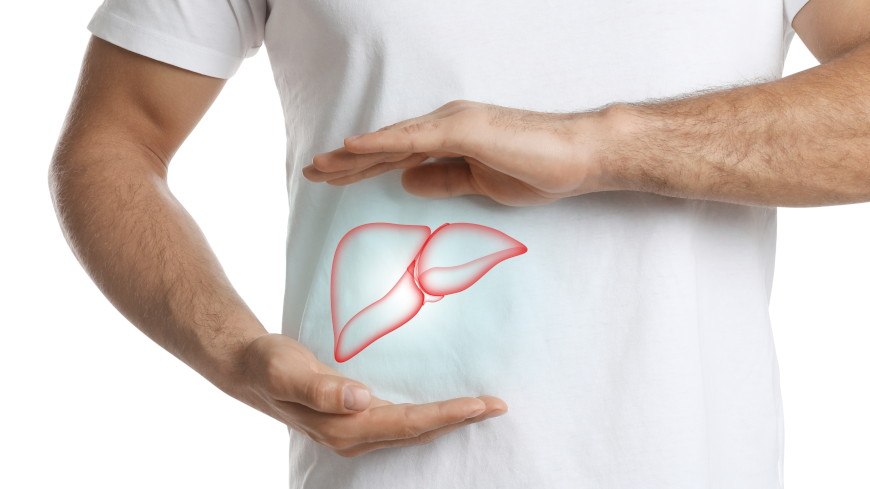At its 34th plenary meeting in Kalamata (9-10 October 2025), Greece, the European Committee on Organs, Cells and Tissues (CD-P-TO) adopted a landmark position paper addressing the online promotion and facilitation of unethical international travel for transplantation. Developed by the Network of National Focal Points on Travel for Transplantation (NETTA), under the aegis of the CD-P-TO, the position paper responds to alarming reports of transplant tourism packages offered online, which lure vulnerable patients into undergoing unsafe and unlawful procedures. These practices often involve human trafficking for organ removal and/or organ trafficking, posing serious risks to donors, recipients and public health systems.
The publication of the position paper echoes the statement of the Secretary General of the Council of Europe, Alain Berset, on European Donation Day (11 October 2025), stating that “organ, tissue and cell donation gives countless people across Europe a second chance at life. But this act of solidarity is under threat” from criminal networks arranging illicit organ transplants abroad. He called upon states to take co-ordinated preventive action and to prosecute those behind this crime.
The position paper reaffirms that organ donation and transplantation must always be grounded in transparency, equity and respect for human rights, as enshrined in Council of Europe Oviedo Convention and World Health Organization guidelines. Moreover, it calls for co-ordinated national and international efforts to uphold ethical standards in transplantation.
The position paper includes several key recommendations and urges countries to join the Council of Europe Convention against Trafficking in Human Organs, thus reinforcing the legal framework to combat these violations of fundamental human rights, and to enhance international co-operation via formal mechanisms such as joining and reporting activity data to NETTA.
By adopting this position paper, the CD-P-TO sends a strong message: unethical transplant practices must be confronted with robust legal and medical, as well as societal responses. The real-world impact of this initiative lies in its potential to protect patients, uphold ethical standards and preserve trust in organ donation and transplantation systems across Europe and beyond.
Read the CD-P-TO position paper: “Online promotion and facilitation of unethical international travel for transplantation” (PA/PH/TO (25) 23).
See also:
- About the European Donation Day




